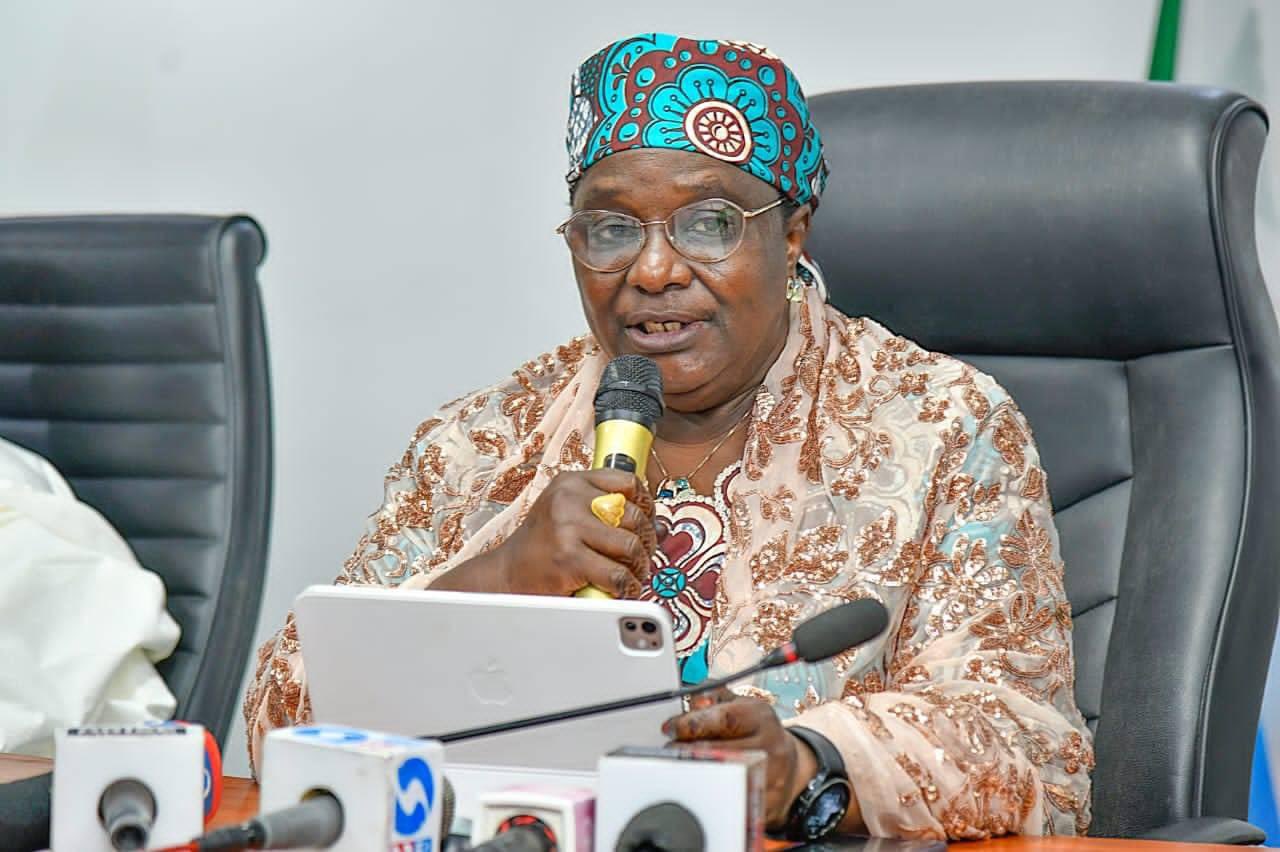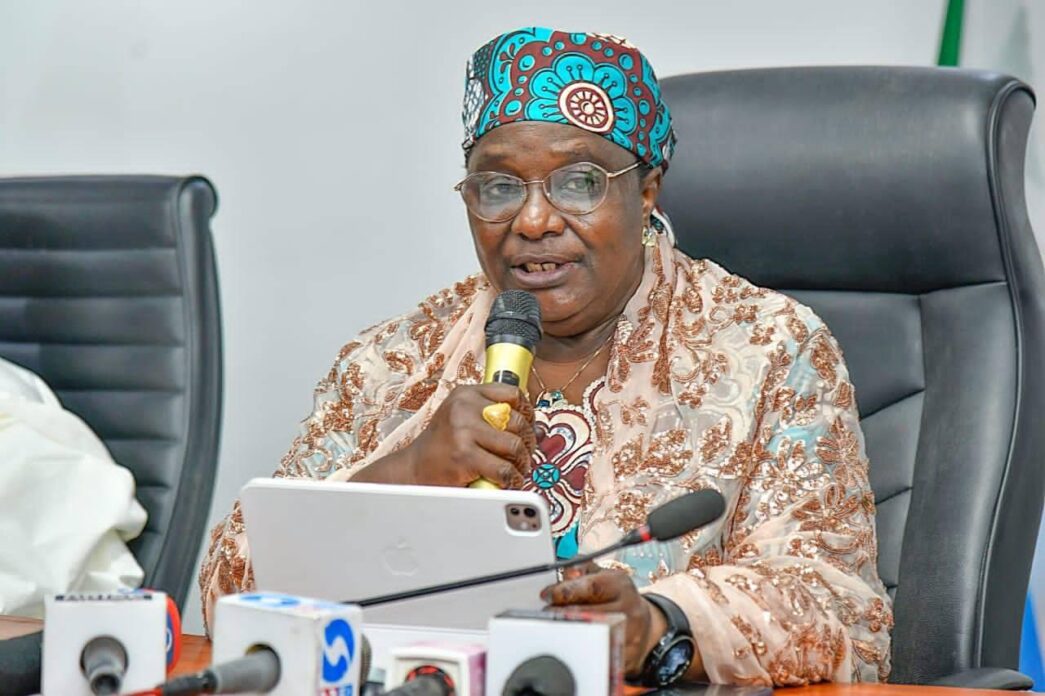Hadiza Balarabe, deputy governor of Kaduna
The Kaduna government says there are plans to extend mental health services to all general hospitals and ward-level primary health centres in the state.
Hadiza Balarabe, the deputy governor of Kaduna, said the plans are part of ongoing efforts to expand access to quality care and eliminate discrimination against people living with mental health conditions.
The deputy governor spoke on Friday at a public lecture organised to mark the 2025 World Mental Health Day by the Federal Neuro-Psychiatric Hospital, Kaduna.
“Kaduna state plans to extend mental health services to all 30 general hospitals and every ward-level primary health care, including our 23 designated centres of excellence,” she said.
Advertisement
“We are also working with KADCHMA to make mental health care covered and affordable under the contributory health scheme.”
Balarabe said the move aligns with “Governor Uba Sani’s commitment to making mental health a basic human right through the Kaduna state Mental Health Law, enacted on September 18, 2025, to replace the outdated Lunacy Act of 1958″.
She said the law protects every citizen living with a mental health condition against discrimination and guarantees access to quality care and restores dignity to those who have long been ignored.
Advertisement
Balarabe said the governor has “transformed the former Bureau for Substance Abuse into the Kaduna State Substance Abuse and Mental Health Services Agency (KADSAMHSA)”.
She said KADSAMHSA now “coordinates care for mental, neurological and substance use disorders in a unified, humane system”, adding that “this is not only an administrative reform; it is a moral statement”.
Balarabe recalled that in 2024, the Kaduna state government recognised the emotional burden that accompanies pregnancy and childbirth through a technical working group on perinatal mental health.
“By integrating screening into maternal and child health services, we reached women who might otherwise have suffered in silence,” she said.
Advertisement
“This initiative is saving lives, restoring families and giving voice to many who once felt invisible.
“These efforts are part of a broader reform that embeds mental health into our primary health care system.”












